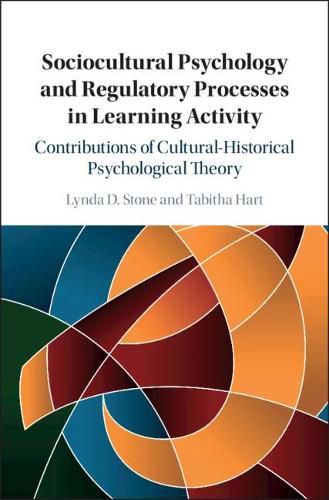Readings Newsletter
Become a Readings Member to make your shopping experience even easier.
Sign in or sign up for free!
You’re not far away from qualifying for FREE standard shipping within Australia
You’ve qualified for FREE standard shipping within Australia
The cart is loading…






Written by educational researchers and professionals working with children and adolescents in and out of school, this book shows how self-regulation involves more than an isolated individual’s ability to control their thoughts and feelings, particularly in a learning environment. By using Vygotsky’s cultural-historical psychological theory, the authors provide a unique set of four analytical lenses for a better understanding of how self-regulation, co-regulation, and other-regulation function as a system of regulatory processes. These lenses move beyond a focus on solitary individuals, who self-regulate behavior, to centre on individuals as relational, agential, and contextually situated. As agents, teachers and their students build their learning contexts and are influenced by these self-engineered contexts. This is a dynamic perspective of a social context and underlies the view that regulatory processes are an integral part of a functional system for learning.
$9.00 standard shipping within Australia
FREE standard shipping within Australia for orders over $100.00
Express & International shipping calculated at checkout
Written by educational researchers and professionals working with children and adolescents in and out of school, this book shows how self-regulation involves more than an isolated individual’s ability to control their thoughts and feelings, particularly in a learning environment. By using Vygotsky’s cultural-historical psychological theory, the authors provide a unique set of four analytical lenses for a better understanding of how self-regulation, co-regulation, and other-regulation function as a system of regulatory processes. These lenses move beyond a focus on solitary individuals, who self-regulate behavior, to centre on individuals as relational, agential, and contextually situated. As agents, teachers and their students build their learning contexts and are influenced by these self-engineered contexts. This is a dynamic perspective of a social context and underlies the view that regulatory processes are an integral part of a functional system for learning.